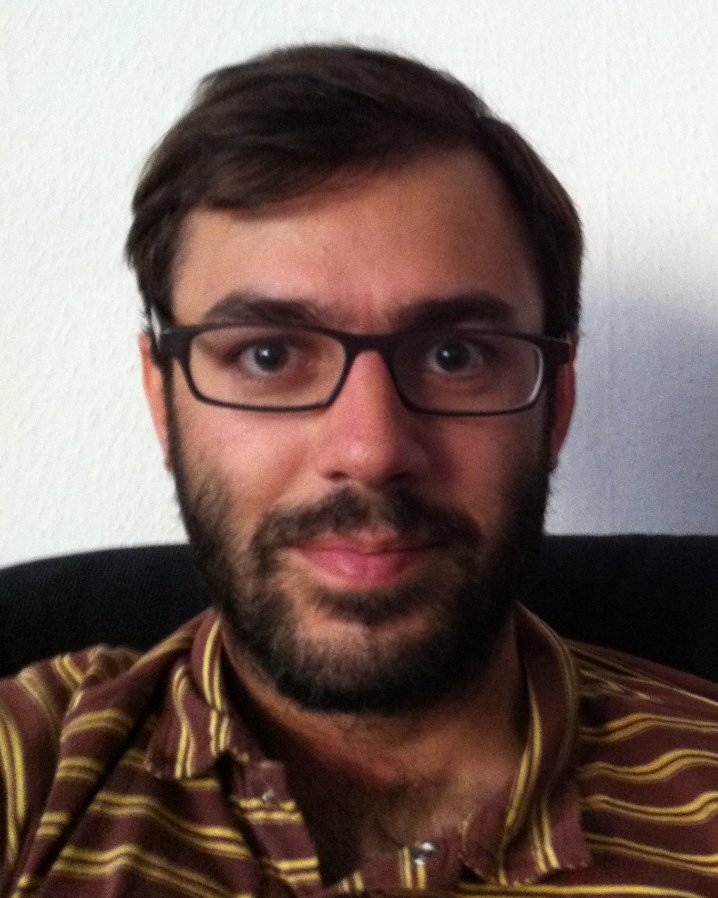
Speaker Biography
Manuel Gomez Rodriguez is a tenure-track faculty at Max Planck Institute for Software Systems. Manuel develops human-centered machine learning models and algorithms for the analysis, modeling and control of social, information and networked systems. He has received several recognitions for his research, including an Outstanding Paper Award at NeurIPS’13 and a Best Research Paper Honorable Mention at KDD’10 and WWW’17. He has served as Track Chair for FAT* 2020 and as Area Chair (Senior PC) for every major conference in machine learning, data mining and the Web. Manuel has co-authored over 50 publications in top-tier conferences (NeurIPS, ICML, WWW, KDD, WSDM, AAAI) and journals (PNAS, Nature Communications, JMLR, PLOS Computational Biology). Manuel holds a BS in Electrical Engineering from Carlos III University in Madrid (Spain), a MS and PhD in Electrical Engineering from Stanford University, and has received postdoctoral training at the Max Planck Institute for Intelligent Systems. You can find more about him at http://learning.mpi-sws.org.
Talk Abstract
Motivated by the current COVID-19 outbreak, we introduce a novel epidemic model based on marked temporal point processes that is specifically designed to make fine-grained spatiotemporal predictions about the course of the disease in a population. Our model can make use and benefit from data gathered by a variety of contact tracing technologies and it can quantify the effects that different testing and tracing strategies, social distancing measures, and business restrictions may have on the course of the disease. Building on our model, we use Bayesian optimization to estimate the risk of exposure of each individual at the sites they visit and the difference in transmission rate between asymptomatic and symptomatic individuals from historical longitudinal testing data. Experiments using real COVID-19 data and mobility patterns from several towns and regions in Germany and Switzerland demonstrate that our model can be used to quantify the effects of tracing, testing, and containment strategies at an unprecedented spatiotemporal resolution. To facilitate research and informed policy-making, particularly in the context of the current COVID-19 outbreak, we are releasing an open-source implementation of our framework at https://github.com/covid19-model.